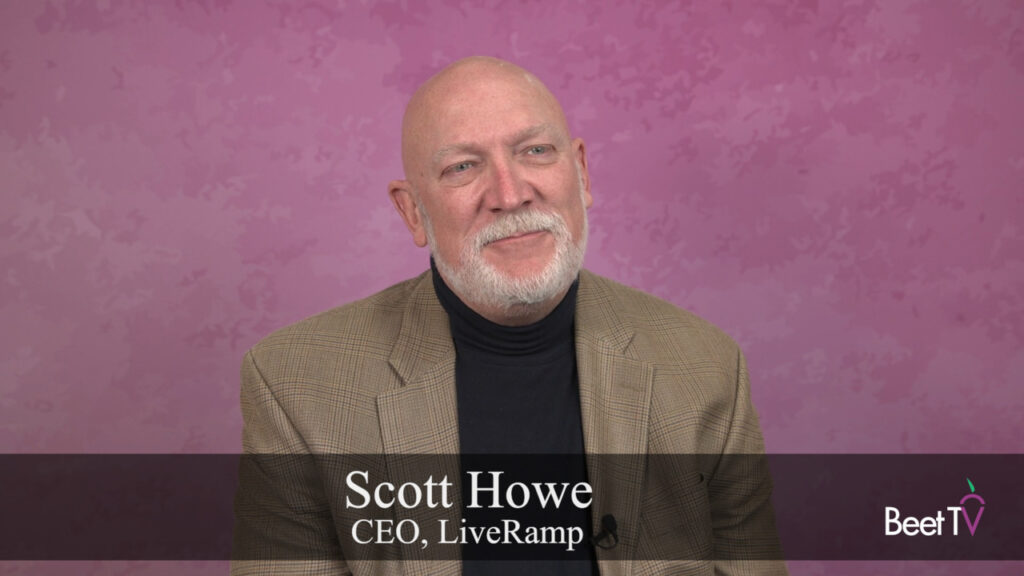WASHINGTON, DC — Ten years ago, blogging wasn’t new. People had been using weblogs to post tidbits and updates for a couple of years already. But Chris Cillizza saw an opportunity.
The journalist launched The Washington Post’s The Fix to provide a unique take on political news, in a market that was already becoming crowded.
“When I started The Fix 10 years ago, I was trying to just break news – that’s what I had come from,” he tells Beet.TV in this video interview. Over time, things have changed.
“I tried to move it to a more analytical, reported-analysis space – that’s what we’ve spent the last four or five years on. We, a six-person staff, had more page views than Politico, which has an editorial staff of well over 100, in July – a big month, given the conventions.”
What’s the secret to The Fix’s success? Cillizza recommends this recipe: “Analytical, focus on ‘so-what?’, ‘now-what?’, have fun … be of the internet.”
It can rarely have been a weirder time to be a political journalist in Washington, DC. In the presidential campaign, Donald Trump has up-ended all expectations, while Hillary Clinton polarizes voters.
Post Election Gridlock on Big Scale
Cillizza predicts a wide-ranging post-mortem on the campaign, years after it finishes. “This was a real, serious field. How did this happen, given (Trump) spent the least money of any of the serious candidates, he had the worst organization?”
But he expects the “reckoning” to play out in more than just Republican circles: “If (Clinton) wins, we will head for gridlock at a level we’ve not seen even within these last five or 10 years – she will be the least popular president ever to win, likely a divided Congress.
“If you thought the last two years was bad, just wait.”














































